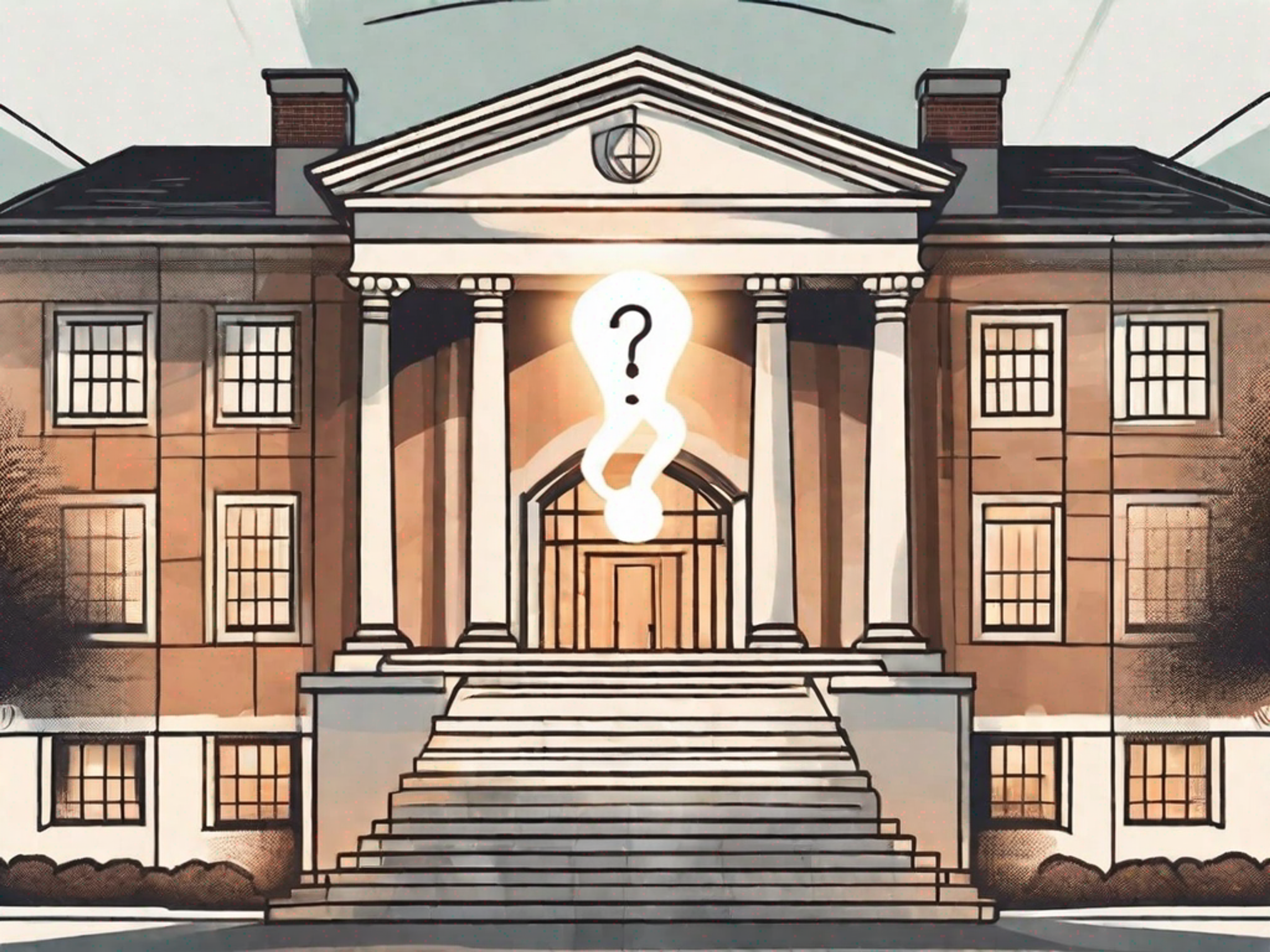How to Ace Your Harvard Medical School Interview
Learn the insider tips and strategies to ace your Harvard Medical School interview.
Posted March 26, 2024

Table of Contents
Applying to Harvard Medical School is a dream come true for many aspiring medical professionals. However, the journey doesn't end with submitting your application. The next crucial step is the interview, which plays a significant role in the admission process. In this article, we will discuss strategies and tips on how to ace your Harvard Medical School interview.
How to Ace the Harvard Medical School Interview
The interview at Harvard Medical School is designed to assess your suitability for the program and to determine if you possess the essential qualities that medical professionals should have. To excel in your interview, it is crucial to prepare thoroughly. Here are some tips to help you succeed:
Preparing for Harvard's Interview Process
1. Research the School: Familiarize yourself with the Harvard Medical School's mission, values, and educational approach. Understanding the school's unique qualities will not only help you answer questions confidently but also demonstrate your commitment to becoming a part of their esteemed community.
Harvard Medical School, founded in 1782, is one of the most prestigious medical schools in the world. Its mission is to create and nurture a diverse community of the best people committed to leadership in alleviating human suffering caused by disease. By researching the school, you can gain insights into its rich history, groundbreaking research, and innovative teaching methods.
2. Review Your Application: Familiarize yourself with every aspect of your application, including personal statements, extracurricular activities, and academic achievements. Be prepared to discuss any points in detail during the interview.
Your application serves as a snapshot of your accomplishments and experiences. Take the time to review each component, reflecting on the challenges you faced, the lessons you learned, and the growth you experienced. This self-reflection will not only help you answer questions confidently but also provide you with a deeper understanding of your own journey.
3. Practice, Practice, Practice: One of the most effective ways to prepare for an interview is through mock interviews. Enlist the help of a trusted mentor, advisor, or even friends who can simulate the interview experience. This practice will help you build confidence, improve your responses, and identify areas for improvement.
Mock interviews provide an opportunity to fine-tune your communication skills, refine your answers, and become comfortable with the interview format. Seek feedback from your mock interviewers and use it to enhance your performance.
Read: Mastering Medical School Interviews: Questions and Strategies
Common Interview Questions and Strategies
During your Harvard Medical School interview, you can expect a wide range of questions. Here are some common questions and strategies to help you provide thoughtful and impressive answers:
- "Why do you want to pursue a career in medicine?"
This question allows you to showcase your passion for medicine. Instead of providing a generic response, share a personal story or experience that motivated you to pursue a medical career. Emphasize your desire to make a positive impact on patients' lives and contribute to the field.
For example, you could talk about a time when you witnessed the compassionate care provided by a healthcare professional during a family member's illness. Discuss how that experience inspired you to dedicate your life to medicine and provide the same level of care and support to others.
- "Tell me about a challenging experience and how you handled it."
Highlight a specific experience that demonstrates your resilience, adaptability, and problem-solving skills. Discuss the challenges you faced, the actions you took to overcome them, and the valuable lessons you learned along the way.
For instance, you could talk about a time when you volunteered in a resource-limited community and faced numerous obstacles in providing healthcare. Share how you collaborated with local organizations, improvised with limited resources, and ultimately made a positive impact on the community's health.
- "How do you handle stress and pressure?"
Outline healthy coping mechanisms you rely on when faced with stress. Whether it's engaging in physical activity, practicing mindfulness techniques, or seeking support from others, emphasize the importance of self-care and maintaining a healthy work-life balance.
Additionally, you can discuss how you prioritize self-care to prevent burnout and ensure you can provide the best care to your patients. Highlight any activities or hobbies that help you relax and recharge, such as painting, playing a musical instrument, or spending time in nature.
Read: Key Questions to Ask During Your Medical School Interview
Making a Lasting Impression
During your interview, making a positive and lasting impression is essential. Here are some strategies to employ:
- Be Authentic: Be yourself. Showcasing your genuine personality and passion for medicine will make a lasting impression on the admissions committee.
- Active Listening: Demonstrate active listening skills by maintaining eye contact, nodding, and asking relevant follow-up questions. Show the interviewer that you value their perspective and are engaged in the conversation.
- Body Language and Confidence: Exude confidence through your body language. Sit up straight, maintain good posture, and avoid fidgeting. Additionally, don't forget to smile and maintain a friendly demeanor throughout the interview.
Post-Interview Etiquette and Follow-Up
After completing your Harvard Medical School interview, it is crucial to follow proper etiquette and leave a positive impression:
- Express Gratitude: Send a thank-you note or email within 24 hours of the interview. Express your gratitude for the opportunity to interview and briefly reiterate your interest in the program.
- Follow-Up Communication: If you have any additional information or updates to share, such as new achievements or publications, consider sending a brief update to the admissions committee. This demonstrates your continued interest and engagement.
- Patience: Be patient while waiting for a response. Avoid contacting the admissions office for updates regarding your application status, as this may negatively impact your candidacy.
Preparing for your Harvard Medical School interview requires dedication, self-reflection, and practice. By researching the school, perfecting your responses, and showcasing your personality and dedication, you can increase your chances of earning a coveted spot in the program. Remember, the interview is an opportunity for the admissions committee to get to know you beyond your application, so make every moment count.
Read these next:











